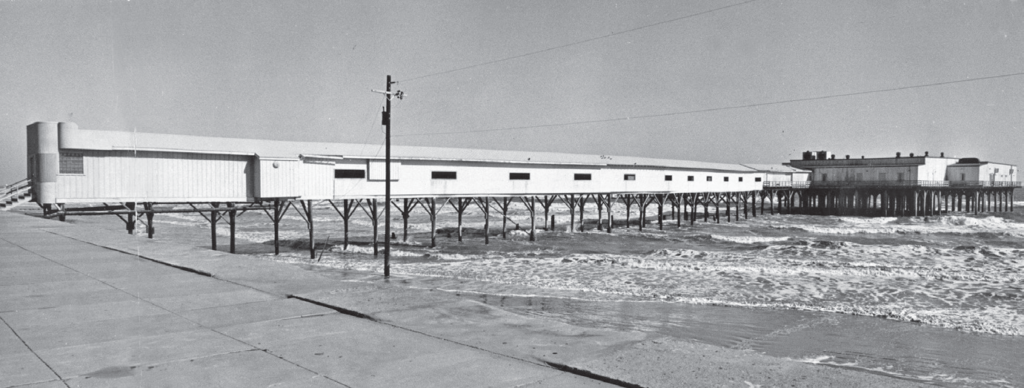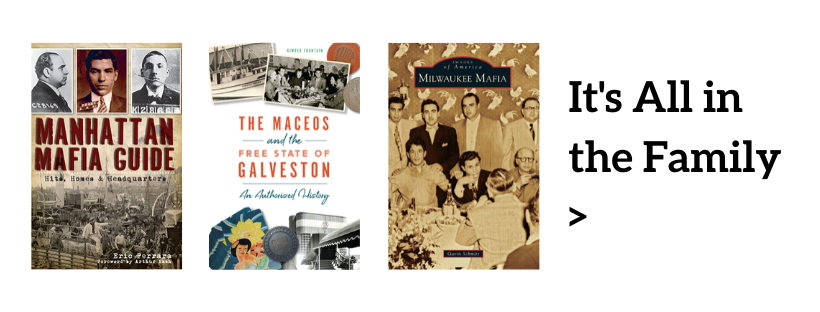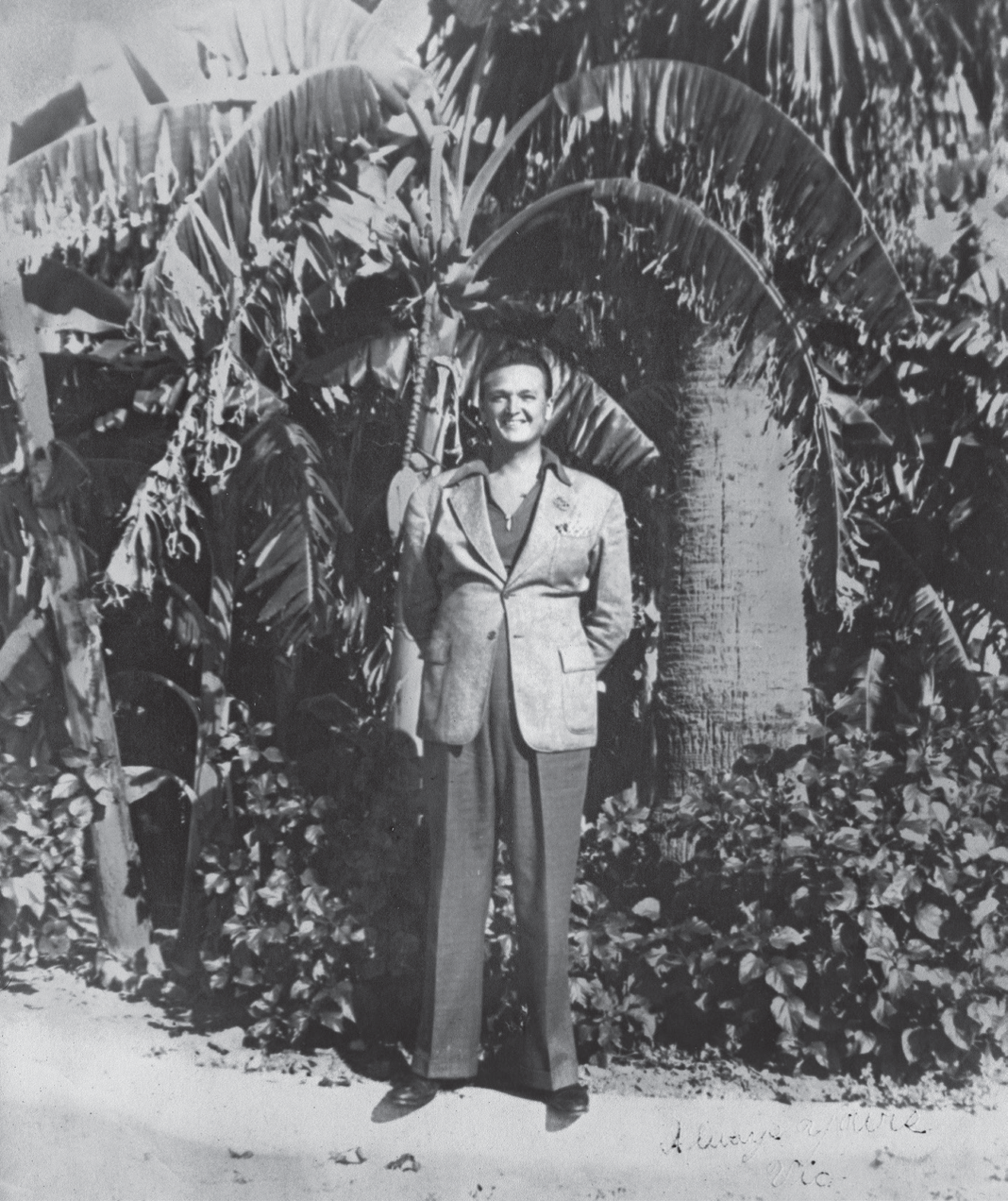
How did two Italian immigrants help transform Galveston, the island city on the Texas Gulf Coast, into the Playground of the Southwest? From its earliest days in the 1800s, Galveston was separated from the rest of colonized Texas. Its island setting meant pirates, privateers, and prostitutes could easily escape the law. In the early 20th century, Galveston’s official and unofficial leaders sought to manage gambling and prostitution by limiting it to a few blocks know as the Line, where they essentially “looked the other way.” While Galveston was filled with politicians, crusaders, bootleggers, madams, and prostitutes, it was the immigrant Maceos who bound them all together. For decades, politicians and cops knew the economic value that the illicit activities brought to the city, but kept them concealed, with an “out-of-sight, out-of-mind” philosophy.
I did not see them as thugs or even as criminals; they were insatiable entrepreneurs and brilliant businessmen who just so happened to have a few undertakings that were illegal because of the government’s misguided desire to legislate morality and a flawed system that perpetuates the notion that vices are crimes (they are not).
– Kimber Fountain in The Maceos and the Free State of Galveston
Bootlegging Barbers
On January 16, 1919, the United States Senate ratified the Eighteenth Amendment to the Constitution, which enacted a nationwide ban on the production, distribution, sale, and consumption of alcohol. While supply was removed, demand remained, which created a new black market for booze. Brothers Rose and Sam Maceo, exiles from New Orleans, tired of being poor barbers, found a better revenue source — bootlegging. Rose and Sam’s friendship with crime boss Dutch Voight meant the two would be welcome in the so-called Downtown Gang and Beach Gang. While vice had flourished for decades, the port city’s crime scene matured once the Sicilian brothers found their new calling — and their barbershop was the perfect front.
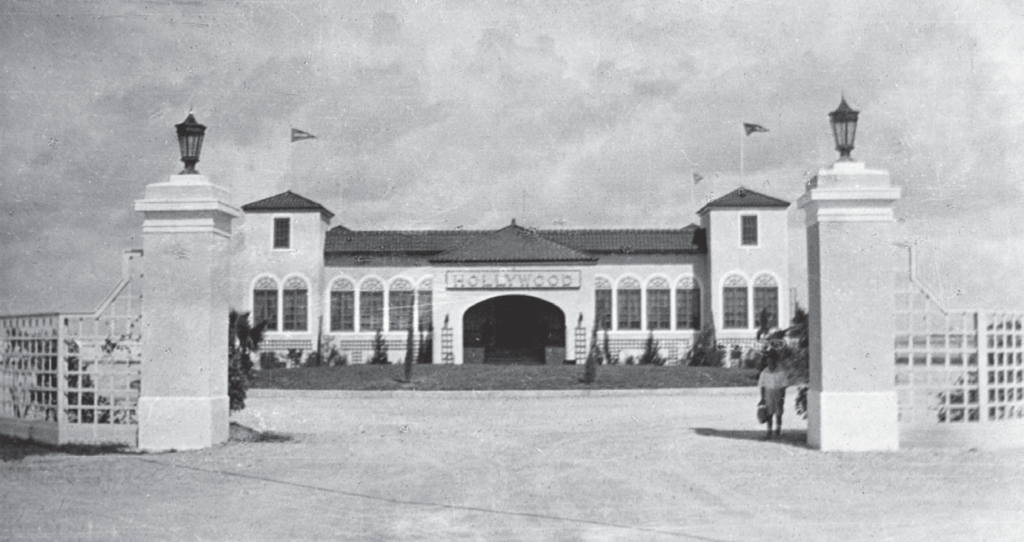
City Boosters
Rose and Sam loved their new home and it showed. In 1920, as generous philanthropists, they donated to local charities and established the Galveston Beach Association to promote Galveston as a resort destination. Sure, the island city had the warm waters of the Gulf of Mexico to draw tourists, but events like the Bathing Girl Revue enticed thousands more to town. As restaurateurs and boosters, the Maceos were recognized by the Chamber of Commerce in 1924, while their Chop Suey Cafe and the posh Hollywood Dinner Club provided perfect cover for back-room gambling. Because of their commitment to the well-being of Galveston, the Maceos dominance increased, even as lawmakers and cops witnessed it; but the Maceo empire flourished.
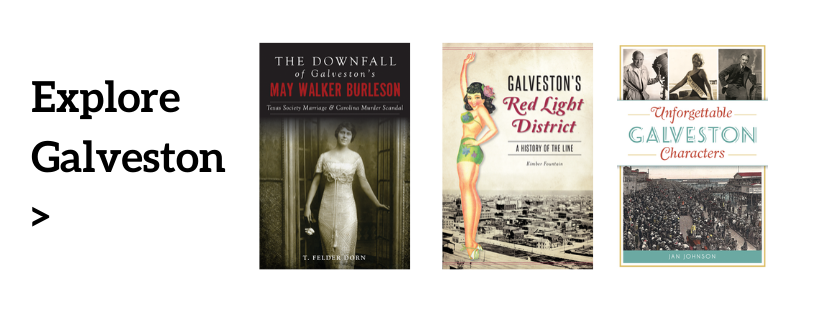
There’s nothing you can do about gambling in the Balinese or in Galveston because the juries simply won’t convict a man for gambling down there.
– Homer Garrison, Chief of the Texas Department of Public Safety

The End
By the 1950s, state and federal government had found ways to successfully crack down on organized crime. The brothers sought to dilute their own stakes in their venues by bringing on family members and old business associates, but the law was closing in on their once impenetrable empire. After the brothers had both passed away, the family was split into pieces, and several members were hit with tax evasion. In 1965, the family saw the Maceo’s legendary entertainment (and gambling) landmark Balinese Room sold at auction. Today, Rose and Sam’s legacy as gracious hosts and philanthropists can be found in their distant cousin, beloved Houston billionaire Tilman Fertitta.
